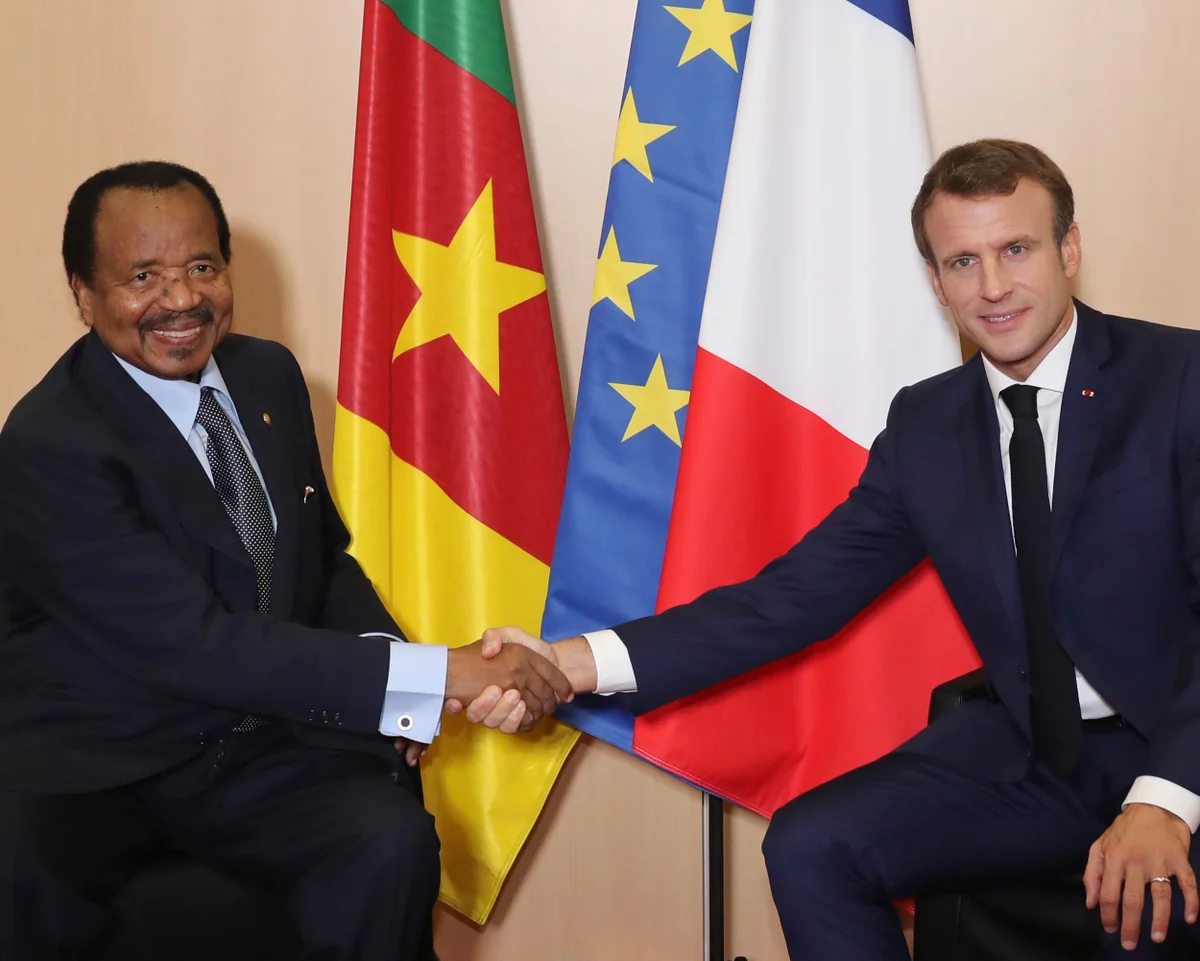France has publicly recognized its role in suppressing Cameroon’s independence movement, marking a rare admission of the country’s colonial-era abuses.
French President Emmanuel Macron conveyed the acknowledgment in a letter to Cameroonian President Paul Biya, describing actions carried out by French authorities during the 1950s as “repressive violence” against civilians seeking freedom.
The admission follows a comprehensive report by a joint Franco-Cameroonian historical commission established in 2022. Researchers examined archives, testimonies, and historical records covering 1945 to 1971, concluding that France’s campaigns against Cameroonian independence activists included forced relocations, detention camps, and the support of armed groups responsible for severe human rights abuses. These measures resulted in widespread suffering, including loss of homes, torture, and sexual violence.
Also Read; Trump Eases Rocket Launch Rules, Boosts Space Industry
Macron’s statement is seen as a step toward reconciling the historic tensions between the two nations. Experts note that while the acknowledgment is significant, additional actions—such as compensation for victims and guarantees to prevent recurrence—are needed to fully address the legacies of colonial violence. The disclosure also opens a broader dialogue on France’s colonial past across Africa and how former colonies can engage with their histories while pursuing contemporary development and diplomatic cooperation.
Cameroon, which officially gained independence in 1960, continues to commemorate its liberation struggle. This acknowledgment arrives over six decades later, providing an opportunity for renewed reflection on the impact of colonial repression and the importance of historical accountability in fostering stronger international relationships.
The move has been welcomed by some historians and civil society groups, though many emphasize the need for tangible measures beyond recognition.







